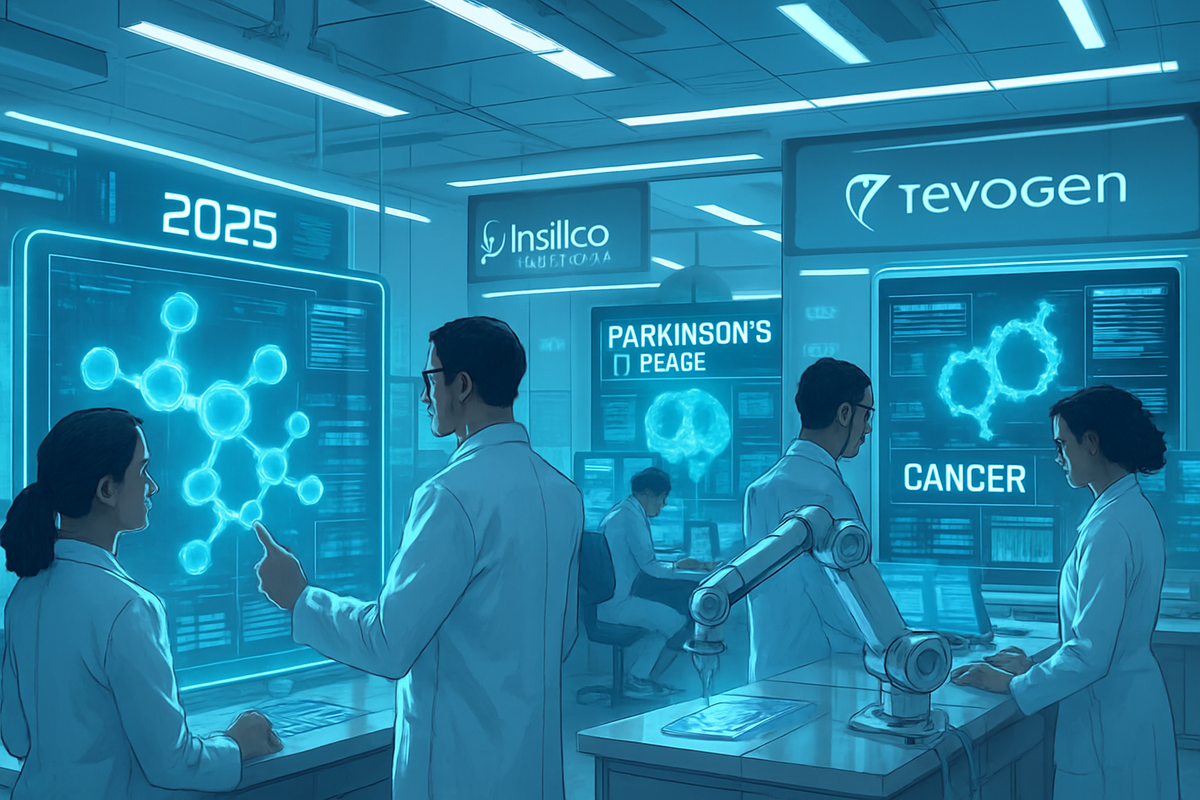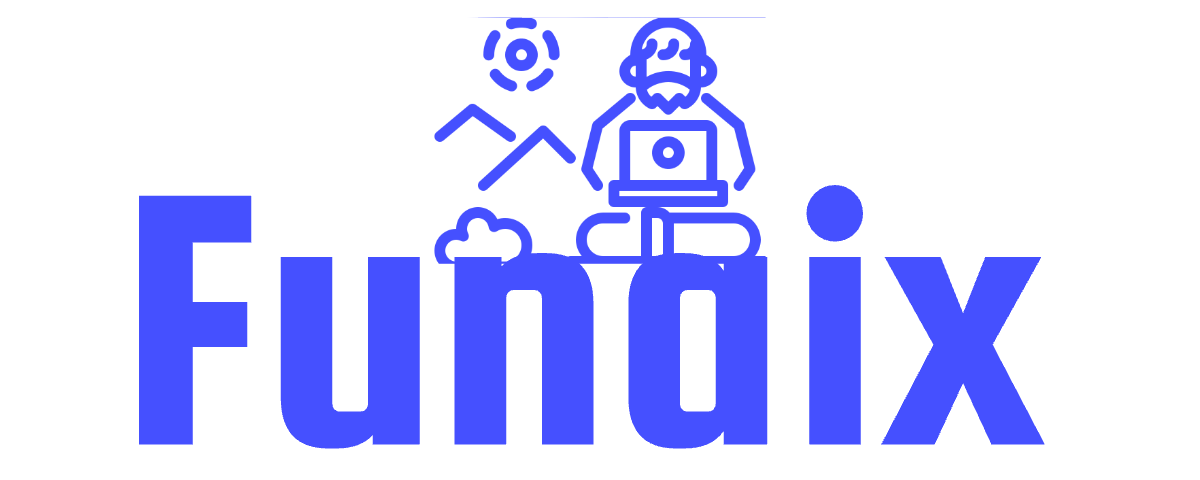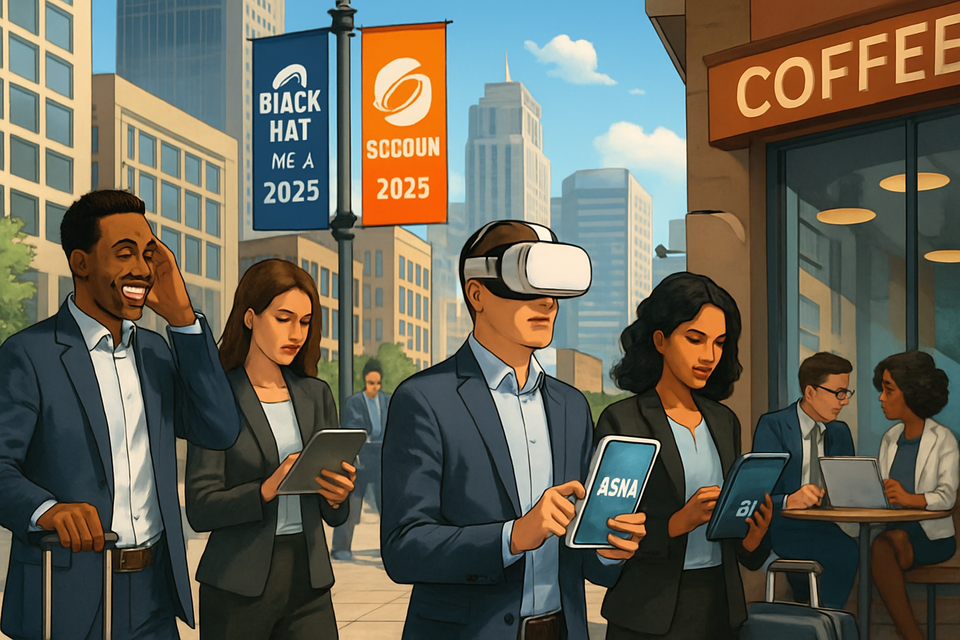The AI Drug Discovery Gold Rush: How Billions in Funding are Fast-Tracking the Next Medical Breakthroughs
AI is not just accelerating drug discovery; it's transforming it—slashing timelines and unveiling cures for once-untouchable diseases. Ready to explore the booming biotech revolution? Join us and be part of the breakthrough.

Welcome to the Billion-Dollar Biotech Boom
2025 isn’t just the year of AI—it's the year AI set up shop in the heart of medicine and started printing golden tickets for the future of health. In the past twelve months alone, AI-powered drug discovery has gone from a moonshot curiosity to a boardroom priority, with billions in fresh capital flowing like champagne at a biotech IPO party.
“AI isn’t just accelerating drug discovery—it’s rewriting the rules, knocking years off development timelines and opening doors to treatments for diseases once thought untouchable.”
The Funding Tsunami: Who’s Riding the Wave?
Let’s start with the numbers that would make even the most jaded Wall Street analyst spit out their oat milk latte:
- Chai Discovery raised a jaw-dropping $70 million Series A to turbocharge its AI platform for molecular design, with its Chai-2 model boasting a near-20% hit rate in de novo antibody design—leagues ahead of old-school lab slogging.
- Insilico Medicine completed IND-enabling studies for its AI-designed oral NLRP3 inhibitor (ISM8969), showing real progress against Parkinson’s disease. The company has moved 22 drug candidates forward since 2021—an Olympic sprint compared to the traditional pharma marathon.
- Tevogen Bio secured $1 million (with up to $10 million on deck) for Tevogen.AI, aiming to revolutionize targeted therapies for cancer and infectious diseases. If biotech were a poker game, Tevogen just went all-in with a king-high hand.
And these are just the headline acts. Dozens of stealth startups and pharma giants are joining the gold rush, eager for a slice of the AI-medical miracle pie.
Why Now? The Perfect Storm of Tech and Timing
What’s fueling this frenzy? In a word: results. After years of hype, AI models are now actually delivering. Think of it as the difference between the first clunky cell phones and today’s sleek, addictive pocket supercomputers.
AI can now:
- Predict which molecules will bind to disease targets with uncanny accuracy
- Design new antibodies and small molecules from scratch (no more needle-in-a-haystack guesswork)
- Slash the time and cost needed to go from idea to viable drug candidate
This is more than incremental progress—it’s a paradigm shift. If traditional drug discovery is a game of darts in a dark room, AI just turned on the lights and handed scientists a laser pointer.
Inside the AI Drug Discovery War Room
Let’s peek behind the curtain at the innovators rewriting the rules:
Insilico Medicine: Parkinson’s Gets a Power-Up
Insilico’s ISM8969, an oral NLRP3 inhibitor, has not only completed key preclinical studies but has also shown dose-dependent improvements in motor function for Parkinson’s models—performance at higher doses nearly matching healthy controls. The company’s AI-driven pipeline has delivered 22 development candidates in just four years, a pace that would make even the most caffeine-fueled research team blush.
Chai Discovery: AI, Antibodies, and a $70M Vote of Confidence
Chai’s AI platform is already making waves with a near-20% hit rate in de novo antibody design—compared to the single-digit rates typical in legacy labs. With former Pfizer CSO Mikael Dolsten joining the board, Chai’s ambitions are as bold as their fundraising totals.
Tevogen Bio: Betting Big on Personalized Immunology
Tevogen’s machine learning tech is trained to predict immunologically active peptides, opening new frontiers for personalized cancer and infectious disease therapies. Backed by fresh funding and a $36 million credit line, Tevogen is betting that AI can finally make bespoke medicine affordable and scalable.
What Does This Mean for Patients, Investors, and the Future?
The short version: Faster cures, more hope, and a biotech industry that’s suddenly cool again.
- For patients: AI is accelerating the arrival of new treatments for everything from Parkinson’s to rare cancers—sometimes slashing development time from a decade to just a few years.
- For investors: The field is red hot, but savvy capital is chasing not just hype, but platforms with real-world proof. The winners? Those who deliver both speed and safety.
- For the world: We’re witnessing the dawn of a new era in medicine, where AI is the lab partner every scientist wished for—tireless, creative, and occasionally a little too smart for its own good.
“The real winners of this gold rush? Patients—because the next medical breakthrough could arrive years sooner.”
Expert Take: Hype, Hope, and the Road Ahead
Industry insiders are quick to note: AI isn’t a magic wand. Rigorous trials, regulatory review, and patient safety still matter. But as the funding flows and the breakthroughs pile up, one thing is clear: the future of medicine will be written in code as much as chemistry.
“We’re not just speeding up drug discovery,” says a leading pharma executive, “we’re fundamentally reimagining what’s possible.”
Ready for the Next Breakthrough? Don’t Miss Out.
If you want to be the first to know about the next AI-powered medical miracle—or just want brilliant, witty analysis delivered to your inbox—join the Funaix Insider community. It’s free (for now), and only subscribers can read or write blog comments. Don’t just watch the gold rush—be part of it!
Stay curious, stay smart, and keep chasing the breakthroughs.
— Funaix Editorial Team, August 21, 2025




